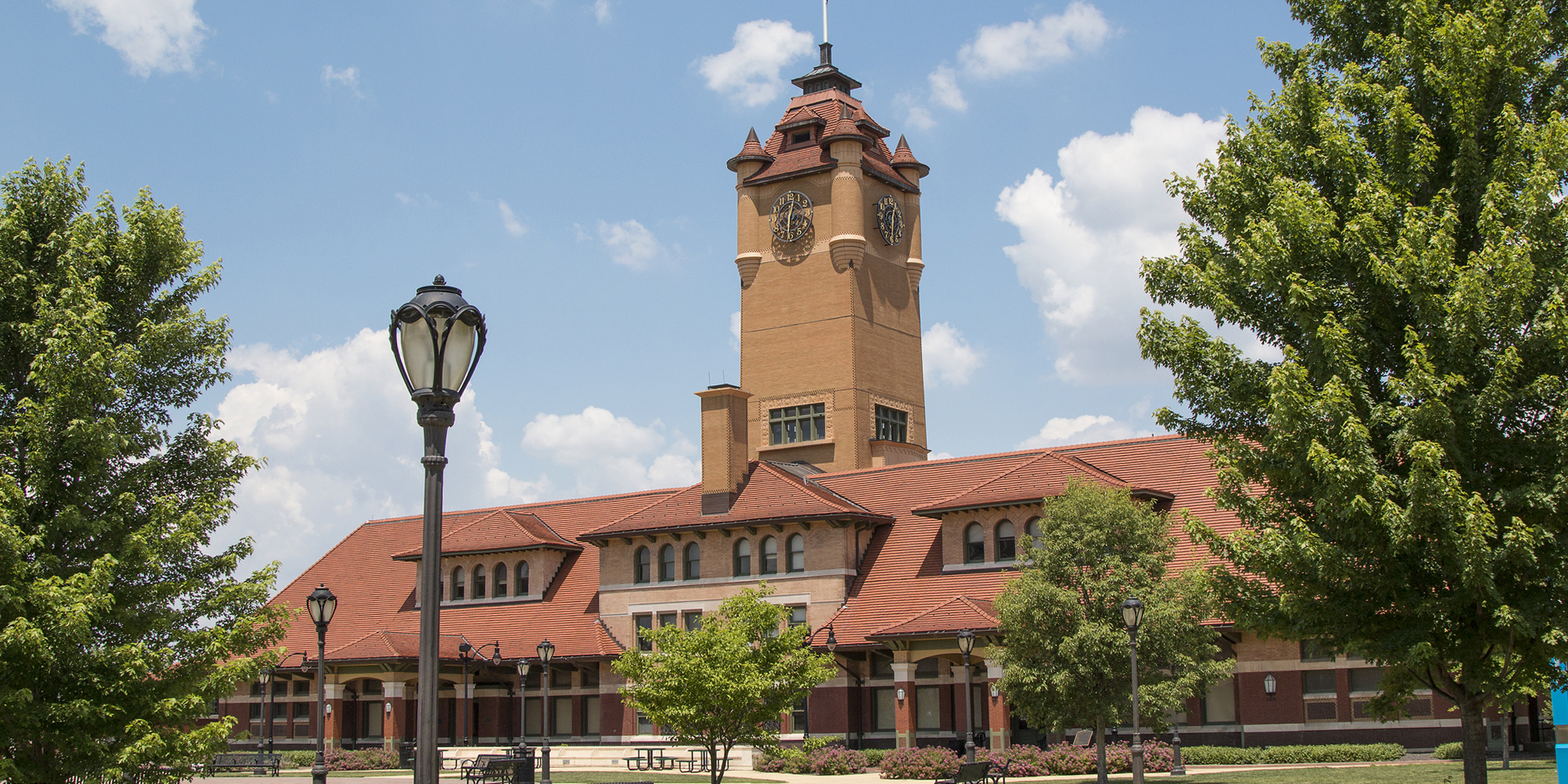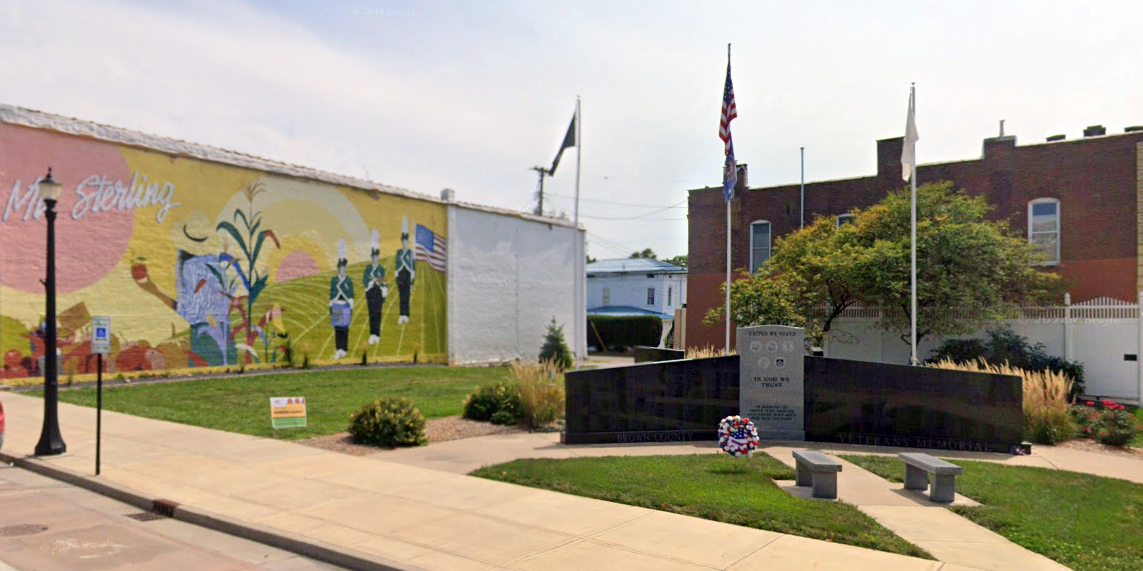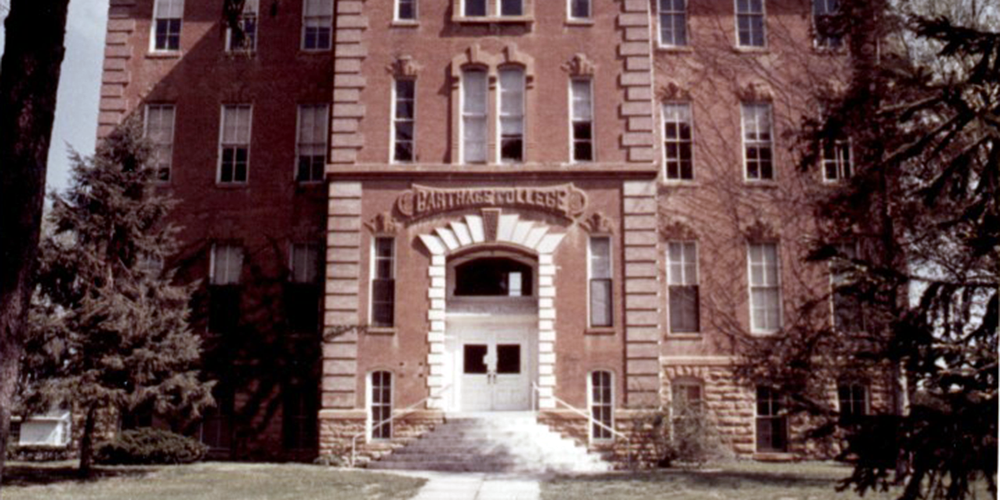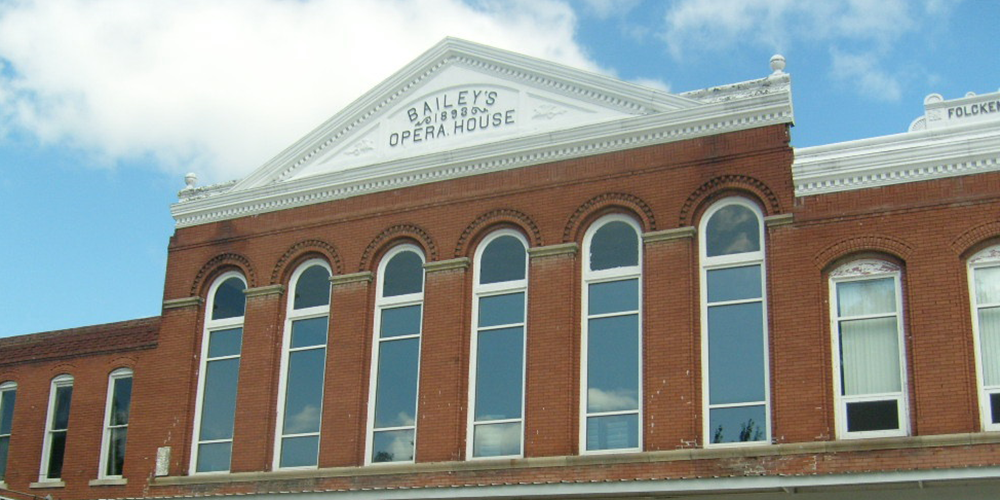Renting Your First Apartment
After you have chosen an area to live in and found an apartment you want, being careful when negotiating and signing your lease can help you reduce the cost of renting and potentially eliminate some of the issues you are likely to face as a tenant. Here are some guidelines that can help:
Try to get a reduction on the monthly rent
In most cases, not only are you eager to move in, but the landlord is also anxious to start collecting rent. Ask the landlord if there is some way to get a slight reduction - 2% to 5% is not unreasonable. If you are a good prospect for leasing, the landlord may be willing to make a slight concession just to get the apartment rented. If the landlord says no, you have not lost anything.
Examine the terms of the lease carefully
Look for items that you may find hard to live with. Are there restrictions on pets, types of furniture allowed (water beds, etc.) or any other items? Can you have roommates? What are the payment terms? Is the penalty for late payment severe? Does the landlord have the right to enter your apartment without your permission? If the landlord's expenses rise (property taxes, maintenance, etc.), can your rent be raised? Even though the lease document may be a couple of pages long, you should read it carefully.
List all your roommates and have them sign the lease
While some landlords will not accept multiple names on the lease, it makes sense to ask. If all your roommates sign the lease, all share any liabilities. It will also protect you if one roommate moves out before the end of the lease.
Review how the security deposit works
Try to get as low of a security deposit as possible and get a receipt for it. There may be laws in your state about how large of a security deposit can be demanded. Landlords protect themselves against damages with the security deposit. Be sure to make a thorough inspection of the apartment before you move in to find any existing damaged items. When you move out, the costs of repairing any damages will be deducted from your deposit. If you are leaving the apartment in great shape when moving out, try to get the landlord to inspect it with you before you leave.
Talk to your landlord well before your lease ends
If you plan to renew your lease, be sure to let the landlord know. You may even be able to get some discount if you work with the landlord. Even if you plan to stay, check out the market. If there are a lot of apartments available, your negotiation stance can be stronger.
Be a good renter
Being a landlord is a business just like any other. Renters and customers that are pleasant to work with usually get better service. A good relationship with your landlord can be important if things go wrong. Remember, your landlord is whom you are going to call if there is a leak in your roof at 3 AM or there is no hot water. A good relationship may get the problem resolved easier and sooner.
Consider renters insurance
The owner of your apartment building is responsible for the dwelling, but not your personal property. Renters insurance offers many of the same benefits as homeowners insurance when it comes to protecting you and your belongings and is often very affordable. Renters insurance policies typically include personal property, personal liability and/or loss of use coverages that can protect you from fire, theft, vandalism, and other damages. Be sure to research your options and carefully read the specific coverage events and limits of any policy you select.






